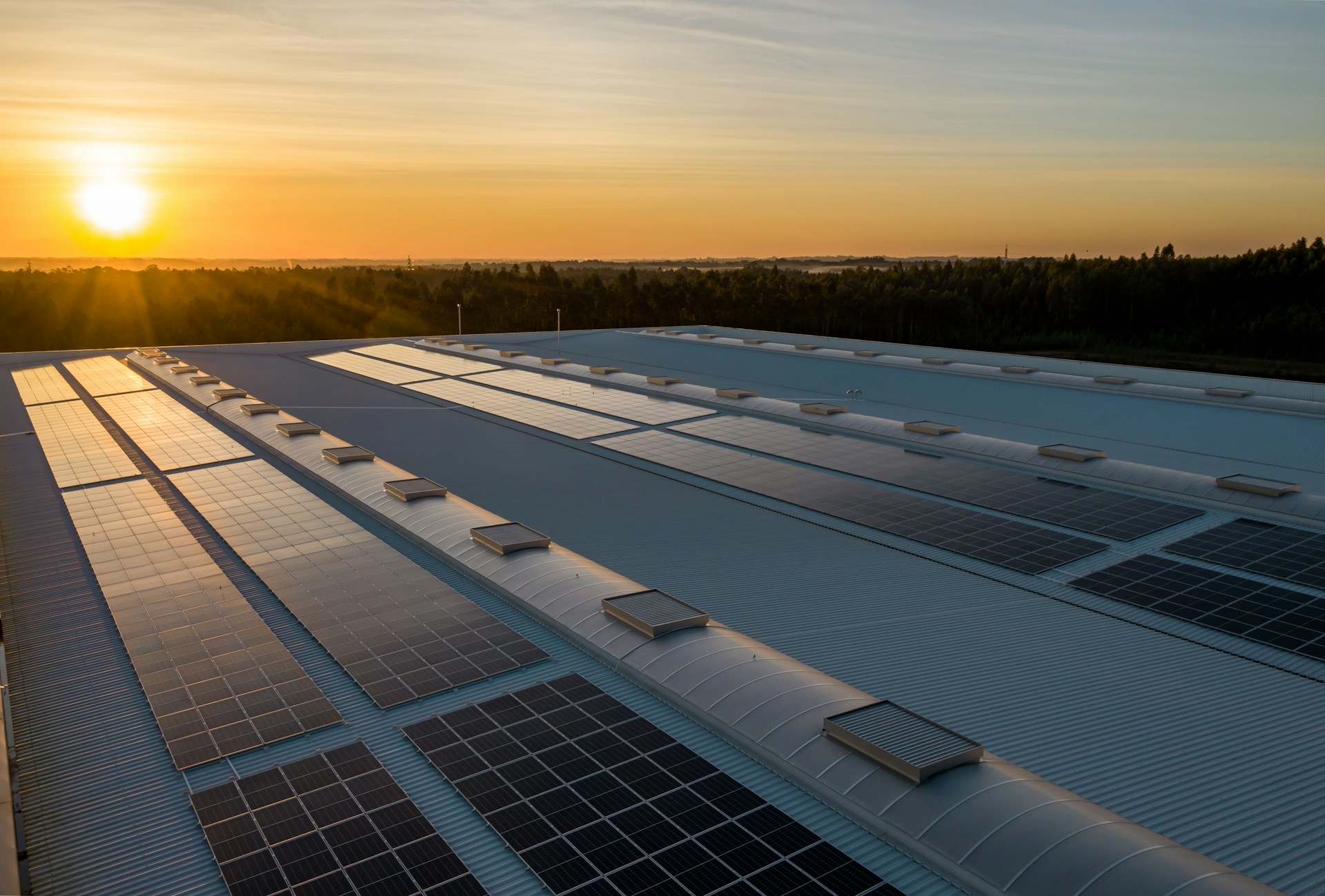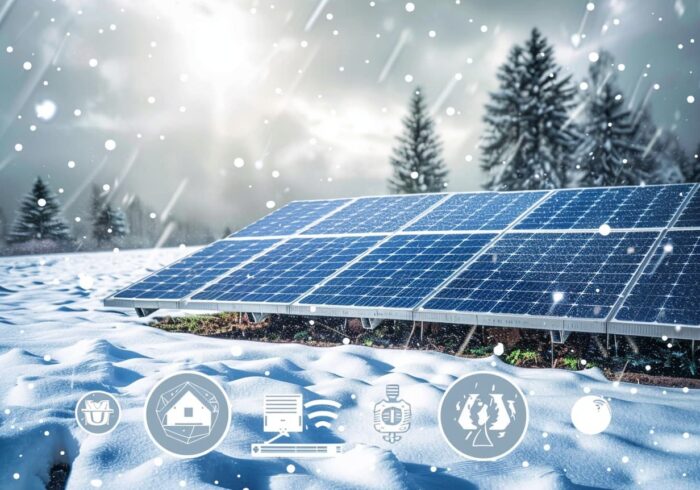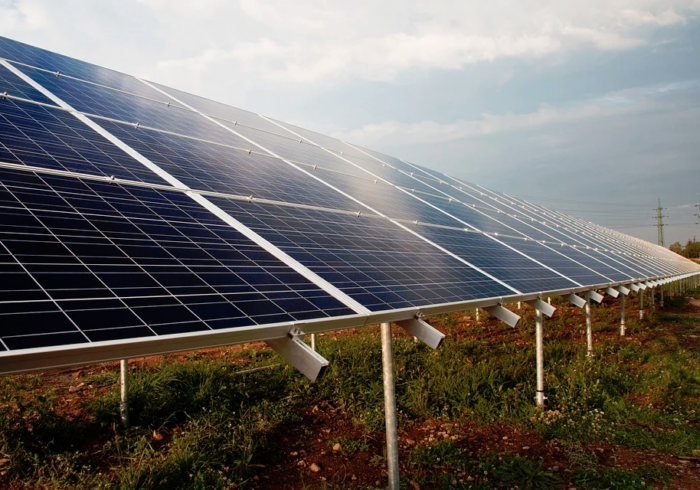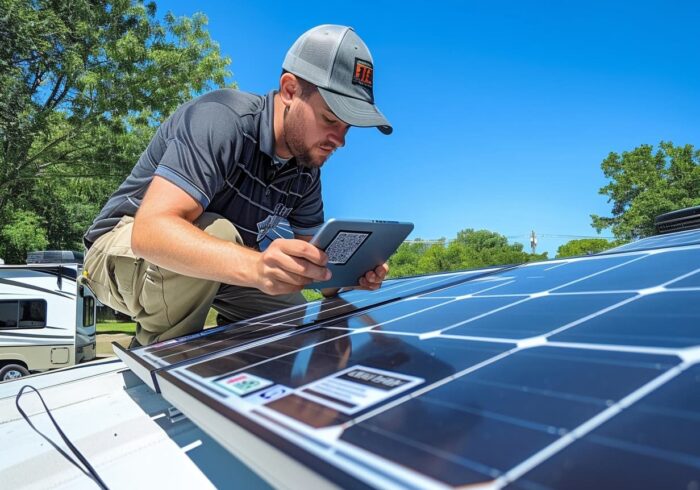Switching to solar energy is a smart investment, but without proper maintenance, homeowners may face electricity supply issues. Dust, faulty wiring, inverter failures, and weather damage can all reduce efficiency and cause unexpected power drops. To ensure your solar panels generate consistent electricity, regular upkeep is essential. In this guide, we’ll explore common homeowner mistakes that impact solar panel performance and how to prevent them, helping you maintain a reliable and efficient energy system.
The Impact of Dirty Solar Panels on Electricity Output
Solar panels rely on direct sunlight to generate electricity efficiently, but dirt, dust, and debris can significantly reduce their performance. When grime accumulates on the surface, it blocks sunlight and decreases the amount of energy the system produces. According to Electricity Canada, even a thin layer of dust can lead to measurable efficiency losses over time.
Homeowners often overlook routine cleaning, assuming rain will wash away dirt. However, in areas with minimal rainfall or high pollution, panels may require manual cleaning to maintain peak output. The Canadian Standards Association (CSA Group) recommends periodic inspections to ensure optimal performance and prevent gradual energy loss.
To avoid power inefficiencies, homeowners should clean their solar panels every few months and after extreme weather conditions. Using non-abrasive cleaning tools and checking for shading from trees or debris can help sustain electricity production and extend the lifespan of the system.
Wiring and Connection Issues That Disrupt Power Supply with a reference link
Faulty wiring and loose connections are common issues that can lead to power disruptions in solar panel systems. Poor installation, wear and tear, or exposure to the elements can cause electrical failures, reducing energy output or even creating safety hazards. When homeowners notice fluctuating electricity levels or unexpected system shutdowns, the wiring should be one of the first things checked.
A professional inspection can help identify corroded connectors, frayed cables, or improperly installed inverters that may be affecting power supply. If left unaddressed, these issues can lead to inefficient energy transfer or even electrical fires. Consulting Licensed Electricians in Langley, BC ensures that any wiring faults are safely diagnosed and repaired, preventing further disruptions.
To maintain consistent solar energy production, homeowners should schedule regular electrical inspections, especially if they experience irregular power output. Properly securing and maintaining wiring connections helps ensure long-term system reliability.
Inverter Failures and Energy Conversion Problems
The inverter is the heart of a solar power system, converting DC electricity from panels into usable AC power for homes. When an inverter malfunctions, homeowners may experience inconsistent power supply, reduced efficiency, or a complete system shutdown. Common causes include overheating, faulty wiring, or wear over time.
Monitoring system alerts and error codes can help detect inverter issues early. Regular maintenance, proper ventilation, and surge protection can extend its lifespan. If problems persist, professional troubleshooting is necessary to restore optimal energy conversion and prevent disruptions to household electricity usage.
Battery Storage Problems That Affect Power Availability
For homeowners with solar battery storage, issues like poor charging, rapid discharge, or system failures can significantly impact power availability. Batteries store excess solar energy for use when sunlight is low, but improper maintenance or system imbalances can lead to reduced efficiency.
Common causes of battery problems include overcharging, deep discharging, and temperature fluctuations. Extreme heat or cold can degrade battery performance, while improper installation may lead to connection failures. Regularly monitoring battery charge levels and ensuring proper insulation can help prevent unexpected power shortages.
If a battery fails to hold a charge or power output drops significantly, professional servicing may be required. Investing in high-quality batteries and following manufacturer guidelines for maintenance can maximize energy storage capacity, ensuring reliable electricity supply even when sunlight is limited.
Weather-Related Damage and Electrical Performance Issues
Extreme weather conditions can significantly impact solar panel efficiency and overall electrical performance. Harsh elements such as storms, snow, and hail can cause physical damage or reduce energy output. Common weather-related issues include:
- Hail and Heavy Rain – Can crack panels or damage wiring, leading to inconsistent power supply.
- Snow Accumulation – Blocks sunlight and prevents panels from generating electricity.
- High Winds and Storms – May loosen panel mounts or disconnect wiring, causing system failures.
- Extreme Heat – Can reduce panel efficiency, leading to lower energy conversion rates.
Regular inspections and weatherproofing measures help prevent damage and maintain stable power output. If damage occurs, professional repairs are essential to restore safe and efficient operation.
The Importance of Regular Professional Inspections
Routine professional inspections are essential to maintaining the efficiency and safety of a home solar power system. Over time, factors like wiring degradation, inverter malfunctions, and hidden panel damage can reduce energy output and lead to electrical failures. A certified technician can detect and resolve issues before they cause significant disruptions.
Professional inspections typically include checking panel connections, testing inverters, and assessing battery storage performance. Scheduling an annual inspection ensures that your system operates at peak efficiency, prevents costly repairs, and maximizes long-term electricity savings. Proactive maintenance is the key to uninterrupted solar power.
Conclusion
Maintaining your solar panel system is essential for ensuring a consistent and efficient power supply. By addressing common issues like dirt buildup, wiring faults, inverter failures, and weather-related damage, homeowners can prevent costly disruptions. Regular professional inspections and proactive maintenance help maximize energy output and extend the lifespan of your system. Investing in proper care today ensures a reliable, sustainable power source for years to come.



